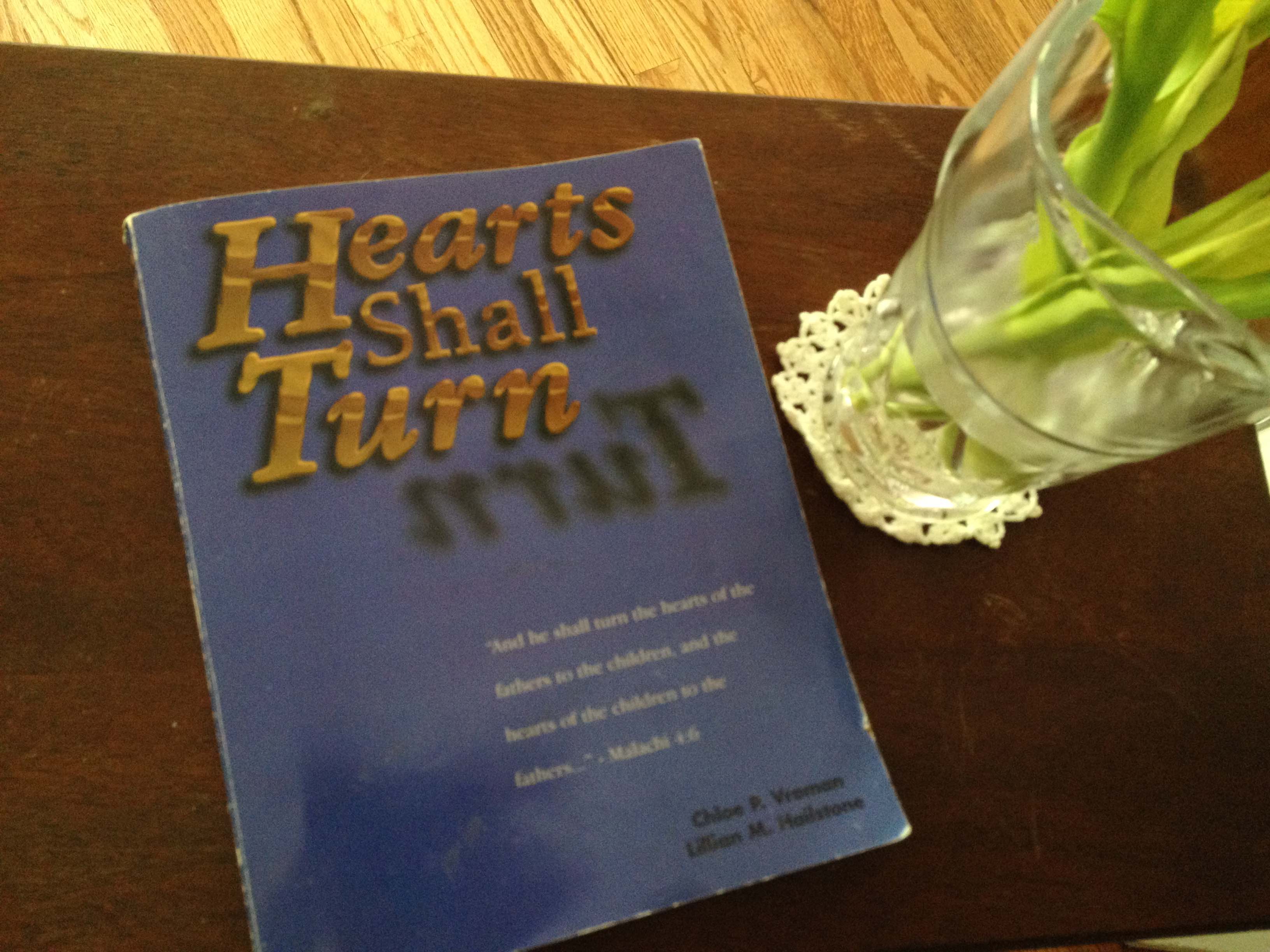
Personal Essays–Expressive Writing
Go Back to Lesson 6.
No one wants to read a boring history. It is your job to learn skills to make any history interesting to read. And anyone’s history can become interesting with the right choice of words.
Use a leading phrase as a springboard to begin an essay or communicate an important idea or lesson. Begin with openers such as:
- Have you ever…
- I remember…
- I will never forget the time…
- I know where I was when…
Look back at your life and come up with brief questions that reveal what you did, what you saw, what you felt in a moment of life. Create your essay using these questions, drawing your reader in through understanding and emotion.
Take a snapshot of your life and extend that memory as far as it will go by pulling out the beautiful, rich details.
You can use triggers to start your essays, for example:
- Found objects (treasures, heirlooms, keepsakes, etc.)
- My favorite–things, color, song, holiday, vacation, scripture, etc.
- My secret place
- A moment in time
Remember that narration is the art of telling a story. When you are writing, there are a few rules to keep in mind. First, keep your story unified; it should be about one happening or a closely related series. Second, it should follow a time sequence and not jump back and forth. Third, it should begin and end with the action you are telling about; i.e., lesson to learn–lesson learned.
 Challenge:
Challenge:
Describe the activities and emotions of events in your life’s experiences by vividly “showing” them. You may choose to write about your birth, meaningful days and events, your memories, don’t merely tell about them: make them live!
Tell the story of an object. What memory does it evoke? Tell specific instances of enjoyment or benefit you have experienced.
Observe a member of your family or a grandchild doing something: a child playing ball, a man digging or trimming a hedge, a woman sewing or washing dishes, notice not only her hands but her feet, how she turns her body, how she moves her head and so on. Record the sounds and smells that accompany the activity and note reactions to things going on in the environment. Try to be specific and use vigorous, or the best, verbs to make the action clear. Use analogy whenever it will help.
